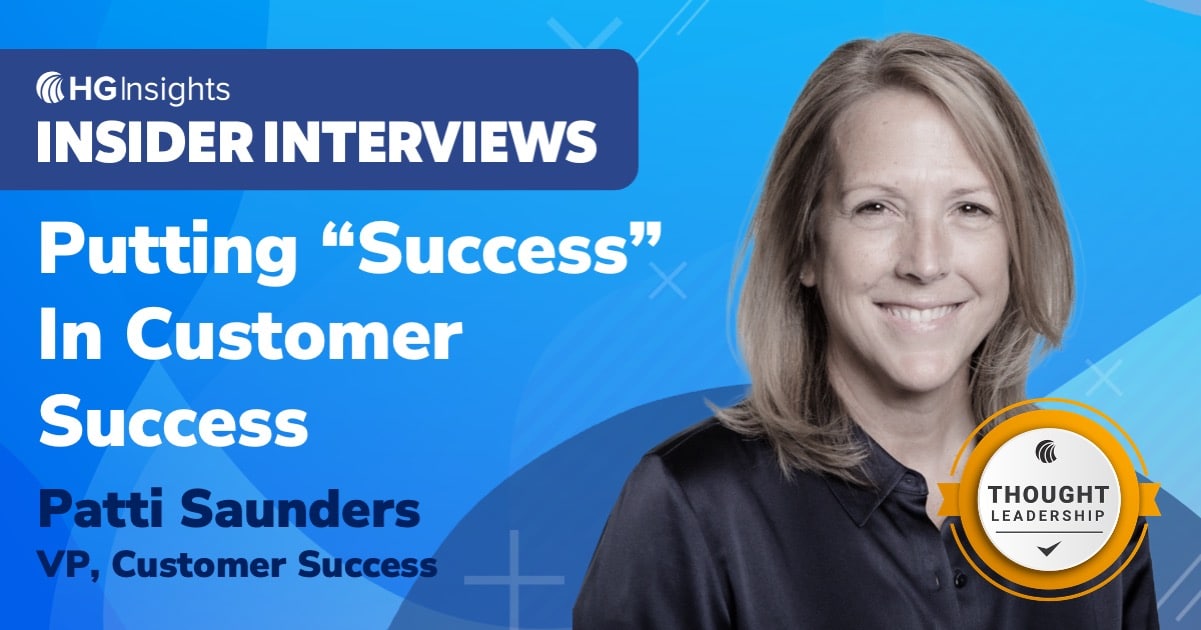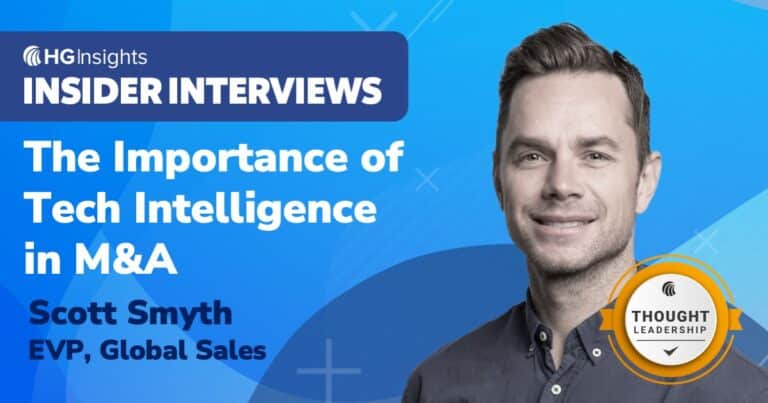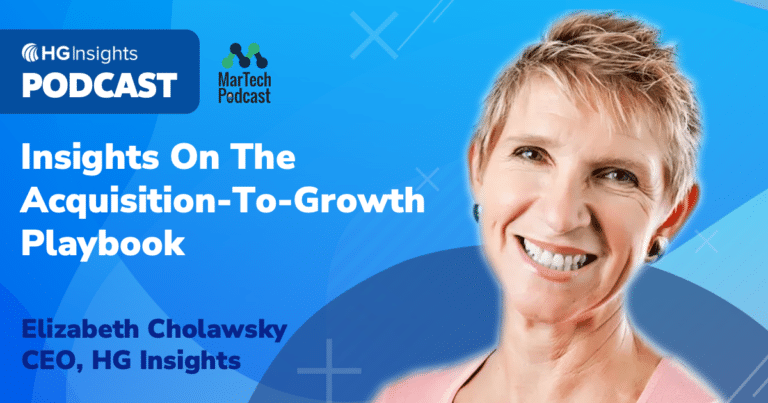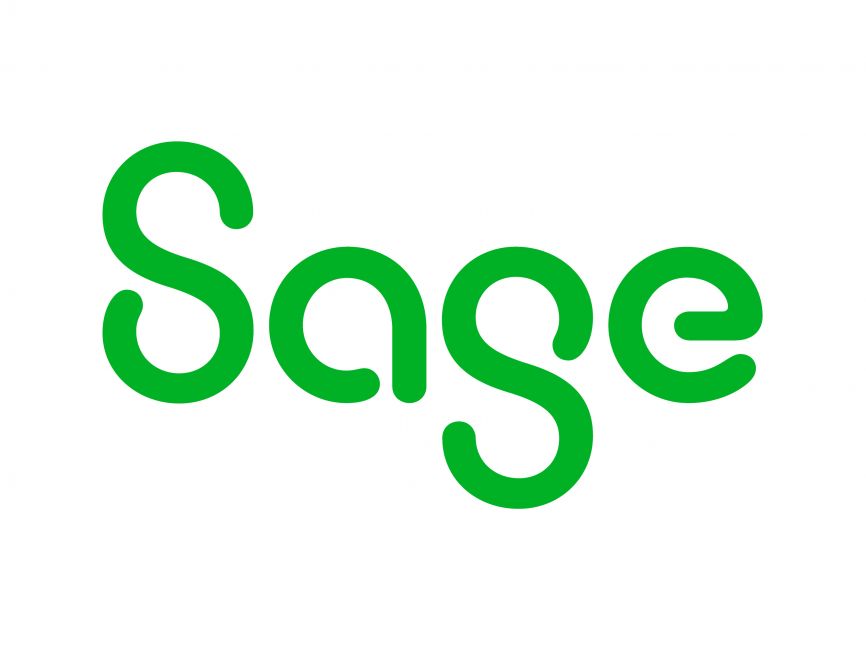In 2023, the median annual churn rate for B2B SaaS companies is 12% so far.
In today’s economy, the best way to combat customer churn is to act, not react: focus on your customers and take the time to define and develop your Customer Success (CS) practice. CS leaders need to center and bring the “why” behind customer success — ensuring customers are getting the value and return they expected from their investment in you — across the business.
CS is not monolithic — success can look very different for each of your customers. It has to conform to your business’ unique needs. Different companies have different priorities for the way they approach relationships with their customers. And they aren’t all equal.
What does it mean to practice success?
A customer’s success is delivered across their lifecycle: from how they are sold to the products they are delivered to the ongoing support and service they receive. CS is the steward of that experience and validates that the result is a successful outcome for each customer.
To ensure the success of your customers, some practices hold true regardless of your company or industry. Effective CS leaders ensure customers get what they need by:
- Understanding your customer’s needs and goals — what they hope to gain from using your company’s products or services
- Providing ongoing support and guidance to help your customer get the most out of those products or services
- Building relationships with customers and getting to know them on a personal level to understand their needs, challenges, and motivations
- Identifying areas where you can improve CS effectiveness: being data-driven to hold yourself accountable
A customer’s success journey starts when they are still a prospect. At the end of the day, all your teams need to work together:
- Marketing teams are positioning
- Sales teams are selling
- Product teams are building solutions to match a prospect’s problem
- CS teams pick all that up and make sure customers are getting to the solution they were promised
CS’s focus has to be on value delivery — that customers are getting the outcomes they expected. Too often CS is reactive or focused on placating customers rather than leading them to where they need to go.
How do you define what success looks like for your customers?
CS starts with being clear on the team’s purpose: Your mission within your company’s overall mission.
In cases where CS owns revenue objectives, a mission will drive you to run through the bases. Don’t just focus on securing a renewal or the upsell — your customer doesn’t care about your revenue goals. They want you to help them find value in their relationship with you — a reason to stay, to grow, and to tell their friends. It’s not about you.
Make your buyers heroes in their organizations. Yes, you sell to organizations, but at some point, a human is going to put their name and reputation on the contract with you and often that same human will have to decide to stay with you or go. A great CS partner puts themselves in the buyer’s shoes. If you arm your buyers with everything they need to be effective — to crush their goals, to feel confident, to move the needle on their business impact — you don’t just have a renewing customer, you have a customer for life. It’s not enough to take a customer-centric approach (only!), real success requires a human-first approach. Similar to sales, customers don’t care what you know until they know you care.
A good CS team gives customers what they need and gets out of their way.
“The HG team demonstrated strong collaboration, responsiveness, and availability, making them an excellent choice in terms of vendor support and partnership.”
– Customer Stories, Five9 Harnesses HG Insights’ Technology Intelligence For Sales Success
It’s easy to genericize or generalize across the board, but the most effective customer success professionals all have one thing in common — they ask questions… and lots of them. They are curious. They actively listen. Customer Success Managers work with their customers to learn their pains, goals, KPIs, and greater business goals. What worked well for one customer at one company might not at another. For CS leaders, the capacity and makeup of your team, the product you’ve built, the customers you serve, and the resources you can commit will define the most effective, sustainable way to serve your customers. That last piece is important: Customer success is not throwing everything you have at each customer that shows signs of risk. That is not sustainable. And anything not sustainable can quickly become a negative customer experience, compounding your problems. Tease apart the customer experience: Identify and shore up each critical moment in the customer’s journey with you — be deliberate, each of those moments is moving the customer forward toward an outcome.
How does CS take ownership of customer accounts?
Most CS teams are measured by some combination of retention, upsell, references, and customer satisfaction — but what does that mean in the context of your organization? Ultimately, the job is to ensure customers get what they need, it doesn’t matter the size of the business, the values shared, or their mission. To ensure that customers get what they need in order to succeed in their jobs and markets, every CS leader needs to take time to define not just the CS team model, but how that practice can influence all departments.
Successful CS professionals aren’t afraid to “own” an outcome, whether that is customer value, revenue, advocacy, or satisfaction scores. They commit to those customer outcomes in their broader organization, cross-functionally. They communicate, consistently and empathetically, with customers about their concerns and how they’re going to resolve issues — even if that specific issue needs to be addressed by another team. They don’t point fingers at other departments. They know it’s part of their job to ensure they are aligned with other functions and share in the ability to collectively deliver against customer needs.
CS is also not a silo. No CS department stands on its own — it relies heavily on having strong partnerships with Sales, Product, Marketing, and Finance. Your whole organization is invested in the success of its customers and their growth. A customer’s success is a team sport, so your whole company needs to be customer-centric. CS needs to be an active partner in effectively enabling that.
What does effective Customer Success look like?
CS is the main artery for feedback —it is often the point of contact between customers and all other departments. Effective CS is about finding your center and guiding your organization through what can feel like a lot of inputs from customers with varying degrees of urgency and emotion: teeing up the data to drive decisions, understanding the trade-offs, having the courage to do what’s right for your business as well as your customers.
It is easy to get bogged down in an individual account’s engagement and renewal and slip into reactive, defensive actions that teeter you off that center — create short-term wins but kick problems down the road or distract from the investments that are important for long-term, sustainable success.
Be deliberate about nurturing those customers who will stay and grow with you, and those buyers who will connect their success with you and take you with them as they move forward in their careers. Develop customers who will invest in the collective success of your market by sharing ideas, best practices, tips, and tricks. Come back to the lens of, “What’re we trying to do here?“
At HG, we are deeply invested in our customer’s success. It is personal, each and every customer, it doesn’t matter who they are or how complex their use case is.
HG Insights’ purpose is to empower companies and their business innovators with actionable insights to ensure success, and this extends to our CS mission—to make our buyers heroes. Like many of our peers, we follow best practices in terms of customer playbooks, success plans, regular deliverables, and more — but best practices only work if we’re aligned with customers on their expectations, hopes, and dreams. This is the steel thread, the backbone of a successful CS operation. We actively work with our customers to drive impact within their organizations. If some customers are not as successful as others, we seek to understand: by being curious, teasing out the “why”, and being open and thoughtful about our feedback to the rest of the business on where we need to collectively improve to do better in delivering the outcomes our customers expect.
Our data and insights fuel our customers’ outcomes. CS is our investment in ensuring customers tap into the full potential of our product and that they can use it to adapt to their changing business needs and drivers. We are out to create a true partnership with our customers so we can learn and adapt and continue to ensure our insights have an impact. In addition to being recognized as a leader in both Sales and Marketing Account Intelligence by G2, we were also named the “Easiest To Do Business With.” These awards from the world’s largest and most trusted software marketplace are a testament to our commitment to our customers.
How does CS create customers for life?
Customers use HG Insights’ Technology Intelligence to go-to-market with confidence, capture market share quicker, scale with velocity, and maximize revenue by focusing on the accounts with the highest likelihood to buy.
HG customers have seen a:
- 10x increase in click-through rates
- 40x increase total in lead volume attribution
- 50% decrease in cost per lead
- Increase in win rates by up to 68%
HG has taken home many awards in view of these accomplishments:
- G2 recognized position in the top 25% of all Sales Intelligence providers on Fall 2023 Momentum Grid®, as well as:
- Named the Easiest to do Business With
- Summer Leader in both Sales Intelligence and Marketing Account Intelligence
- Named on the G2 Momentum Grid
- Two years running on the Inc. 5000 list of “Fastest-Growing Private Companies in America, and lauded as the “Best in Business,” and “Best SaaS Solution” by Inc.
- Recognized for “Best Company Culture,” “Best Work-Life Balance,” “Best Compensation,” “Best Perks & Benefits,” and “Best Company Happiness”, and many more by Comparably
- Awarded a “Best Place to Work,” and the “Best Perks And Benefits” by Built In










